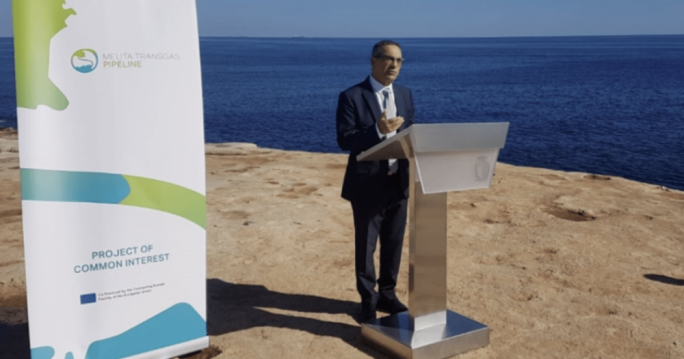
Editorial | The Air Malta waiting game has to stop
Brussels has to decide the fate of Air Malta so that this uncertainty can be removed, hopefully once and for all and efforts will be concentrated to manage much more problematic issues outside Malta’s control

Malta International Airport avoided some of the major staff shortages and operational constraints faced by other European airports in the post-pandemic travel boom.
This was possible because of the wage support that government provided Maltese businesses and MIA’s resilience to hold on to its employees.
This meant that the chaos witnessed across major airports in Europe because of staff shortages was not replicated in Malta.
But in MIA CEO Alan Borg’s words, the landscape is still a challenging one for the airline industry and widespread strikes in airports abroad will impact operations in Malta nonetheless.
The sector is also on a tether in the sense that worsening macro-economic and geopolitical factors could shift the tide into negative territory. Notably, the war in Ukraine is a particular concern that could impact demand for travel.
Borg said on Wednesday when presenting MIA’s results for 2022, the uncertainty posed by these factors, coupled with cost increases, could affect consumer confidence, booking windows, and medium-term visibility for airlines.
He said that while 2022 was a good year for airport traffic in the wake of pent-up demand for travel after the pandemic but this was expected to level off in 2023.
Borg said travellers will be smarter in their decisions, which makes it incumbent on Malta to offer a tourism product based on quality.
The cautious optimism that Borg showed is typical of industry leaders in a sector that is not only very competitive but fraught with challenges that may crop up suddenly.
Kudos goes to MIA and the Malta Tourism Authority for their efforts to increase Malta’s connectivity with different destinations. This remains a key factor for tourism growth.
In line with these efforts, it is important that MIA continues to improve its facilities to be able to meet the growing demand.
MIA’s five-year investment plan, which will see the airport invest €175 million to double the footprint of the non-Schengen arrivals area, construct the Skyparks 2 project and other major infrastructural works, is more than welcome.
The investment comes at a time when the Maltese economy is expected to slow down, albeit remain ahead of most EU economies.
But within this mixed picture of caution and positivity, there still hangs uncertainty coming from a more domestic problem – Air Malta.
The European Commission has so far not pronounced itself on state aid the government wants to pump into the ailing airline. Government has moved ahead nonetheless with a restructuring programme for the national airline but it is about time for Brussels to make its decision.
Air Malta is, along with Ryanair, a major carrier at MIA. Whatever happens to the national airline is likely to have an impact on airport operations but also the tourism industry as a whole.
Borg was clear yesterday that Malta needs a national carrier. It is a feeling shared by many in the tourism sector.
Brussels has to decide the fate of Air Malta so that this uncertainty can be removed, hopefully once and for all and efforts will be concentrated to manage much more problematic issues outside Malta’s control.
The Air Malta waiting game has to stop.



